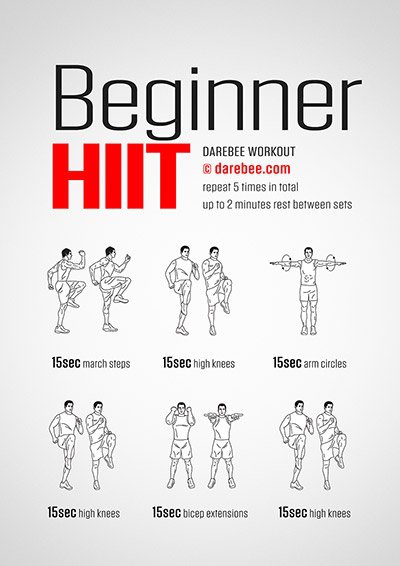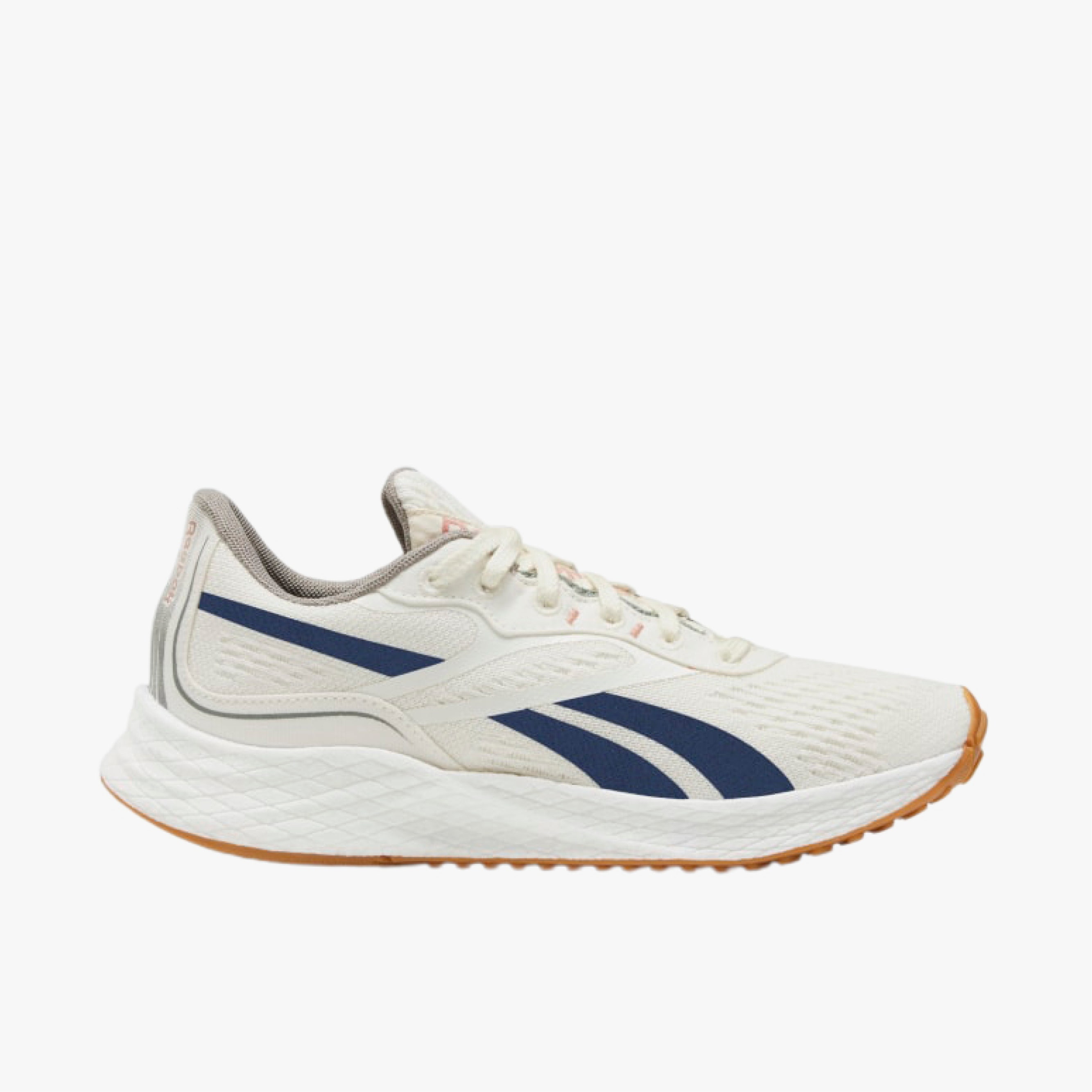
You need to understand several things before applying to New Jersey to become a personal trainer. These factors include the average salary and education requirements as well as employers. These factors will help you determine if the job is right for you. You can read on to learn about the job duties and responsibilities for a New Jersey Personal Trainer.
New Jersey personal trainer average salary
If you are passionate about your health and fitness, you may want to consider a career in personal training. This career is rewarding and can be lucrative. Personal trainers are employed in health clubs and gyms to educate clients about nutrition. They keep clients motivated and help them reach their fitness goals.
New Jersey offers a good number of personal training opportunities. The state ranks 46th in fitness accessibility, but the obesity rate here is quite low, which means there is a decent market for trainers. The average New Jersey personal trainer will have moderately fit clients and modest goals. Additionally, a significant portion of the market will be made up of clients who are more image conscious.

New Jersey personal trainers earn an average annual salary of $68,437. This is higher that the $69k184 average. However, where you live and how much experience you have will affect the amount of your salary.
New Jersey education requirements for a personal coach
New Jersey has strict licensing requirements for personal training. To practice in the state you need to be certified by a recognized national agency. You can obtain your certification in a school near you or via online courses.
It is necessary to first complete a formal education in order to become a certified personal trainer in New Jersey. There are several programs to choose from, with different levels of certification. Some provide hands-on workshops lasting several days or even weeks. Others are self-paced and can easily be completed at home. You can also gain valuable insight into the industry by browsing recent job ads in New Jersey.
A large population is a must if you want to begin a career in New Jersey as a personal coach. Newark has a large community, which can translate into more clients. A larger city tends to be more open to new business opportunities.

New Jersey Personal trainers: Employers
Personal trainers are a rewarding career option for those who want to help people achieve better health and fitness. This career requires national certification and education in exercise science. Personal trainers will provide guidance and motivation to clients in achieving their fitness goals.
New Jersey personal trainers are highly valued and earn the highest salaries in their field. Many personal trainers work in high energy gyms, spas and hospitals as well as independent businesses, wealthy clients' homes, and studios. According to New Jersey employers’ recent survey data, personal trainers can earn a range of salaries from an entry-level of $44,893 to a higher-ranking salary of $74,347.
There are a few things to keep in mind before applying for a job as a personal trainer in New Jersey. First, ensure you have the appropriate education. It is necessary to have a minimum high school diploma and basic certifications in life support from the American Heart Association.
FAQ
How important is good nutrition?
Our health and well-being depends on our nutrition. Healthy eating includes whole grains, fruits, vegetables, lean protein, dairy, and other healthy foods. Healthy eating habits lead to improved overall health.
How can exercise and nutrition help you live a healthier life?
Exercise is a great way to keep fit, lose weight, build muscle mass, and reduce stress. Nutrition is essential for energy, sleep and mood as well as overall health. You can live longer if you eat less meat and moderate alcohol intake, quit smoking, and engage in regular physical activity.
What does caffeine do to my sleep?
Caffeine effects how fast it takes to fall asleep and how much sleep you get. Caffeine is known to cause drowsiness. This makes falling asleep easier. The downside is that caffeine keeps you awake longer making it harder for you to fall asleep again. You should not drink energy drinks or coffee right before bed.
Is it possible that you can be too thin?
Yes! Eating disorders and being overweight are both dangerous. It is not normal for someone to weigh less than their ideal height. Other symptoms include feeling tired, weak and dizzy.
What is Nutrition Good for?
Your body functions properly when you have the right nutrition. The best way to ensure that you receive adequate nutrition is to eat a balanced diet with plenty of fruits and vegetables, lean proteins, whole grains, and healthy fats.
Statistics
- In 2018, the World Health Assembly agreed on a global target to reduce physical inactivity by 15% by 2030 and align with the Sustainable Development Goals. (who.int)
- Adolescent girls were less active than adolescent boys, with 85% vs. 78% not meeting WHO recommendations of at least 60 minutes of moderate to vigorous intensity physical activity per day. (who.int)
- Physical activity confers the following maternal and fetal health benefits: a decreased risk of pre-eclampsia, gestational hypertension, gestational diabetes (for example, 30% reduction in risk) (who.int)
- Globally, 28% of adults aged 18 and over were not active enough in 2016 (men 23% and women 32%). (who.int)
External Links
How To
How To Stay Fit During Pregnancy
Your body goes through many changes when you get pregnant. Your metabolism slows down, and you eat less because you're growing a baby inside you. If you don't get enough rest, you might feel sick. However, there are ways that you can be healthy and still have fun during this exciting time in life.
First things first, you should check with your doctor before starting any exercise routine. Your doctor can help you decide which exercises are safe and which should be avoided. You should also eat healthy throughout your pregnancy. This includes eating lots of iron, fiber, protein, and fiber. Third, try to drink lots of fluids. Water is particularly important when exercising, as sweat can lead to a loss of fluids. Don't forget to take care of the feet. Wear shoes that are supportive and dry. You should eat breakfast if you are suffering from morning sickness. If you do not eat something small, you might feel nauseated.
-
Eat Well. A healthy diet is important throughout your entire pregnancy.
-
Stay active. Do at least 30 minutes of exercise each day.
-
Maintain a Healthy Weight. Eating smaller meals and snacks can help you lose weight.
-
Get enough rest. Get at least 7-9 hours sleep each night.
-
Manage Stress. Learn relaxation techniques.
-
Avoid Alcohol. It can cause miscarriage as well as birth defects.
-
Be gentle with yourself. Don't push yourself too hard.
-
Take Care of You. You can have someone look in on you if necessary.
-
Relax. Do things that bring you joy.